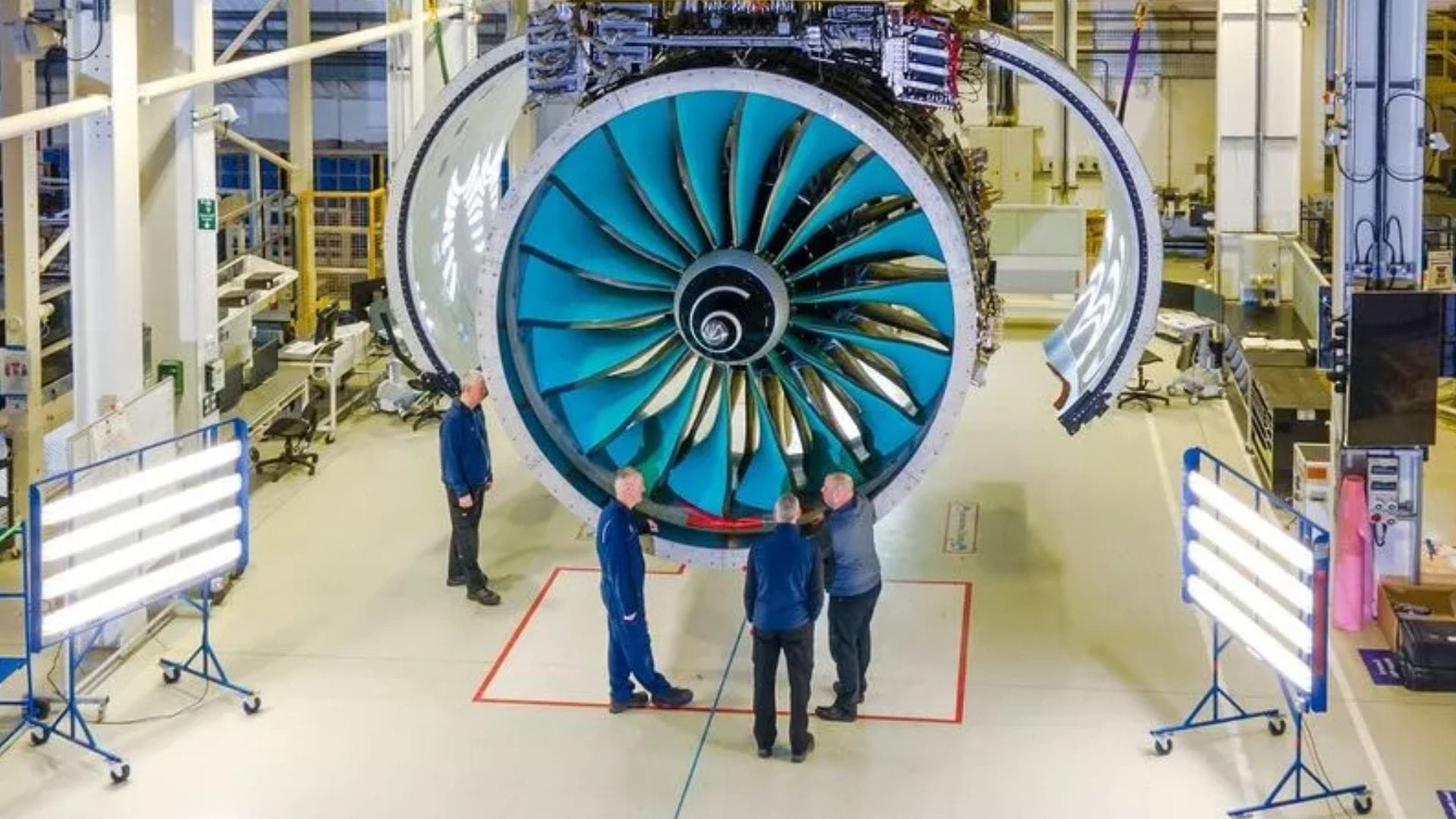Fueling Innovation: France's Research Tax Credit Scheme Empowers Aerospace Research and Workforce Development
- France | 27 June 2018

France’s commitment to fostering innovation is bolstered by the government’s Research Tax Credit Scheme, which offers generous financial incentives for research and development (R&D) expenses. Aerospace companies in the Auvergne-Rhône-Alpes region are leveraging this scheme to fund their research activities. The scheme not only supports individual companies but also encourages collaboration between leading companies and small and medium-sized enterprises (SMEs) across the value chain. Additionally, the Research Tax Credit Scheme contributes to the development of a skilled workforce, addressing the region’s need for qualified personnel.
The Research Tax Credit Scheme has facilitated stronger links between research and educational institutions, like Esisar Grenoble INP, and aerospace companies in the region. By collaborating with academic structures, participating companies gain access to research resources and talent while benefiting from substantial financial advantages. The aerospace sector in Auvergne-Rhône-Alpes heavily invests in research supported by the scheme, generating significant revenue and fostering innovation in the industry.
Companies at all levels of the value chain are reaping the benefits of the Research Tax Credit Scheme. It not only provides individual funding opportunities but also encourages collaboration between leading companies and SMEs. Thales Helicopter Avionics, for instance, leverages the scheme to collaborate with agile SMEs in the region, facilitating technological advancements and co-design efforts. SMEs, in particular, find the scheme accessible and profitable, as it offers funding opportunities that may be challenging to obtain through other sources.
The Research Tax Credit Scheme not only makes intensive research more accessible to SMEs but also supports the education and training of a skilled workforce. The region faces challenges in attracting and retaining qualified staff, especially in rural and remote areas. The demand for qualified engineers exceeds the current supply, making recruitment efforts difficult for many companies. However, institutions like Esisar Grenoble INP actively work to bridge this gap by providing work experience and industry placement programs. By building relationships with young engineering talent, partner companies ensure a steady supply of qualified professionals while addressing the shortage faced by other companies.
As companies in the region anticipate expansion and increased hiring, creating a qualified workforce becomes imperative. Rural locations and limited attractiveness of industrial areas pose additional challenges in recruiting talent. Efforts are being made to make the industry more appealing to young people, who often prefer city settings. However, the region’s focus on developing industry-specific skills and cultivating partnerships with educational institutions ensures a pipeline of skilled workers ready to meet industry needs. By investing in workforce development, companies mitigate the effects of the talent shortage and secure their long-term success.
The Research Tax Credit Scheme plays a vital role in fueling aerospace research and development in the Auvergne-Rhône-Alpes region. By incentivizing collaboration, supporting SMEs, and addressing the skilled workforce shortage, the scheme strengthens the region’s innovation ecosystem. With ongoing efforts to attract and develop qualified personnel, the aerospace industry in Auvergne-Rhône-Alpes is well-positioned for growth and competitiveness.








